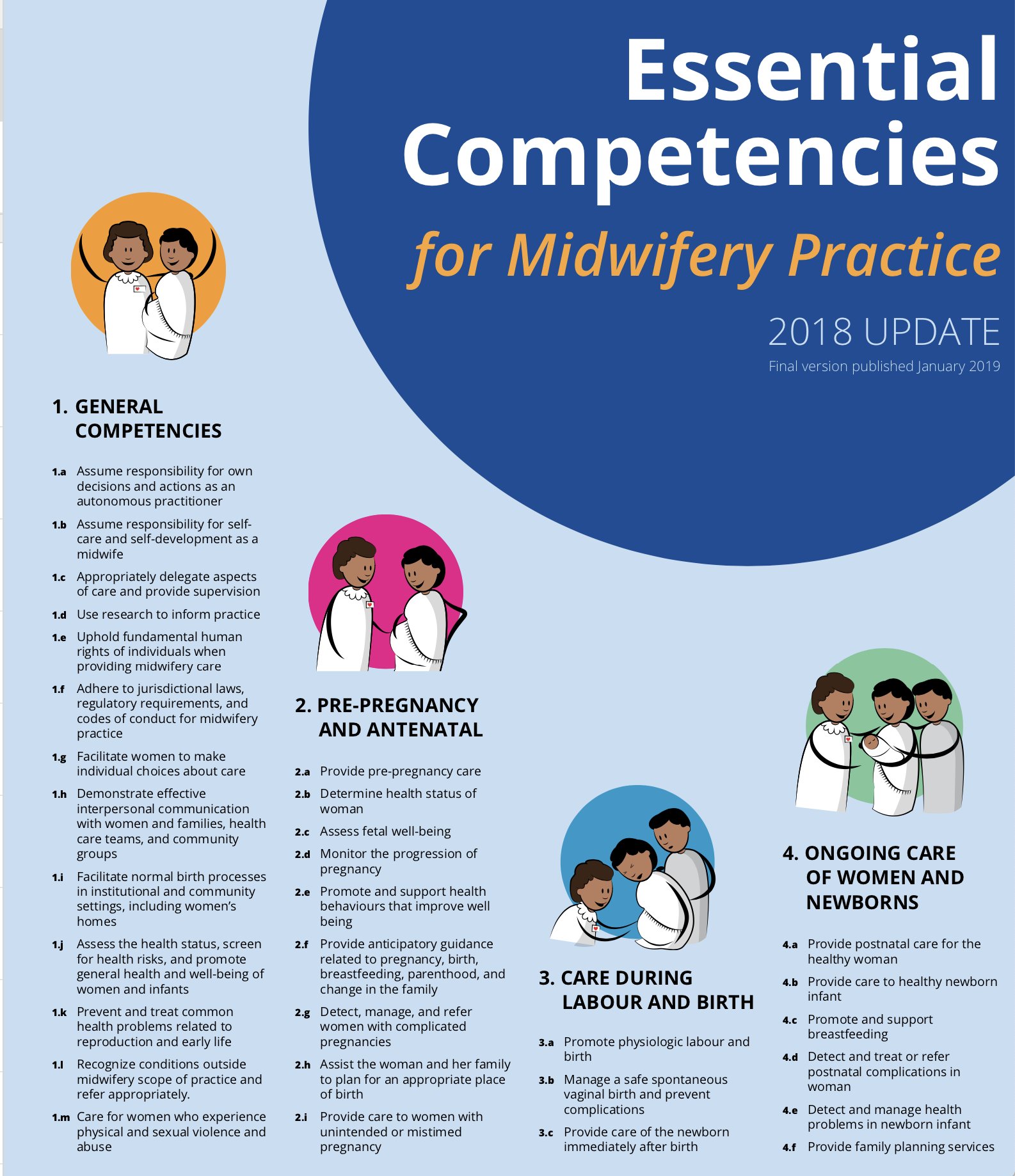Midwives provide care that is essential to the health of the nation. The future of midwifery depends on the education of midwives who are trained to provide high quality care that is responsive to the needs of all birthing people, and who can participate in the transformation of our system of birthing care. Midwifery schools and programs accredited by MEAC prepare midwives for national certification as Certified Professional Midwives (CPMs).
These midwives are earning recognition in ever-widening circles. We are pleased to report that the number of students enrolled in accredited midwifery programs has been growing each year. As the number of midwives is growing, legal recognition is also expanding.
More than half of all states now regulate direct-entry midwifery, and at least fifteen other states are considering legislation. At the same time, midwives are working to improve access to care by tackling the complex challenges of insurance coverage, equitable reimbursement, and employment opportunities.

Midwives Model of Care
Global Perspectives
The State of the World’s Midwifery is produced by United Nations Population Fund (UNFPA) and partners. UNFPA is the “lead UN agency for delivering a world where every pregnancy is wanted, every birth is safe, and every young person’s potential is fulfilled.”
“Midwives are the unsung heroes of maternal and newborn health. They can prevent about two thirds of deaths among [birthing people] and newborns. And midwives deliver much more than babies: They are the connective tissue for communities, helping [birthing people] care for their health, from family planning all the way through the postpartum period.”
International Confederation of Midwives
The International Confederation of Midwives (ICM) supports, represents and works to strengthen professional associations of midwives throughout the world. There are currently 108 national Midwives Associations, representing 95 countries across every continent. ICM is organized into four regions: Africa, the Americas, Asia Pacific and Europe. Together these associations represent more than 300,000 midwives globally.
ICM is an accredited non-governmental organization and represents midwives and midwifery to organizations worldwide to achieve common goals in the care of birthing people and children. These organizations include the WHO and other UN Agencies, global professional health care organizations including the International Federation of Gynaecology and Obstetrics (FIGO), the International Paediatric Association (IPA), the International Council of Nurses (ICN), non-governmental organizations, bilateral and civil society groups.
MEAC conducted a thorough review of the ICM Global Standards for Midwifery Education and the Essential Competencies for Basic Midwifery Practice as part of the 2013 review of MEAC Standards for Accreditation. This review informed many of the revisions to the required curricula for accredited midwifery institutions and programs as well as the standards for accreditation. You can read those revised MEAC documents under the Accreditation Handbook.



